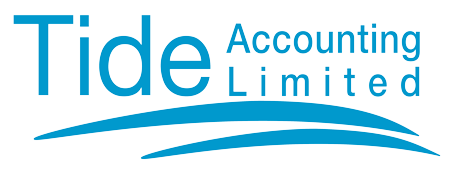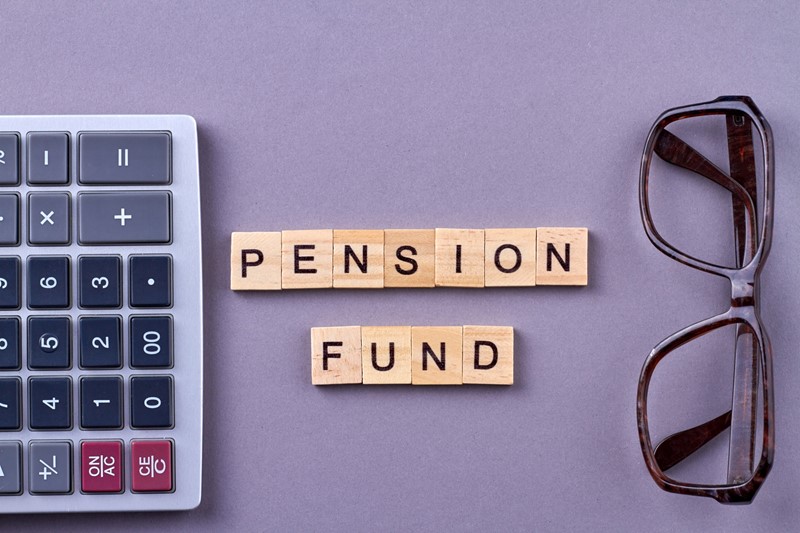Most personal pensions set a minimum age at which you can start withdrawing money, typically not before age 55. Some pension benefits can be taken tax-free. Generally, you can withdraw 25% of your pension pot as a tax-free lump sum, with a maximum of £268,275. If you have protected allowances, the amount you can take tax-free, as well as your overall tax-free limit, may be higher.
After making a tax-free withdrawal, you usually have up to 6 months to decide how to take the remaining 75% of your pension fund which will typically be taxed. The options for withdrawing the rest of your pension include:
- Taking all or part of it as cash.
- Purchasing an annuity for a guaranteed lifetime income.
- Investing it for a flexible, adjustable income (known as 'flexi-access drawdown').
It’s important to understand the tax implications of receiving pension income. Aside from the tax-free benefits, pension income is considered earned income and subject to Income Tax under the standard rules. Income tax is also due on the State Pension, employment or self-employment earnings, and any other taxable income.
 Christchurch, Dorset & London
Christchurch, Dorset & London mail@tideaccounting.co.uk
mail@tideaccounting.co.uk 01425 674776
01425 674776
